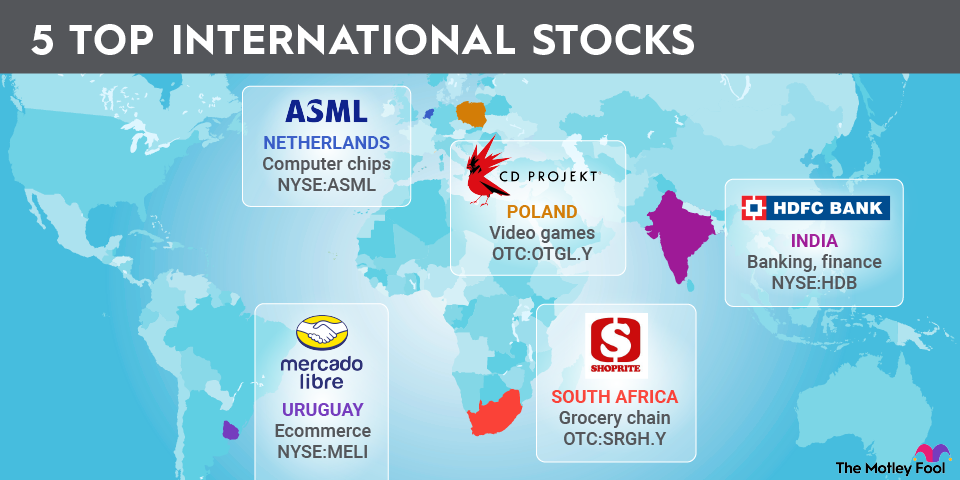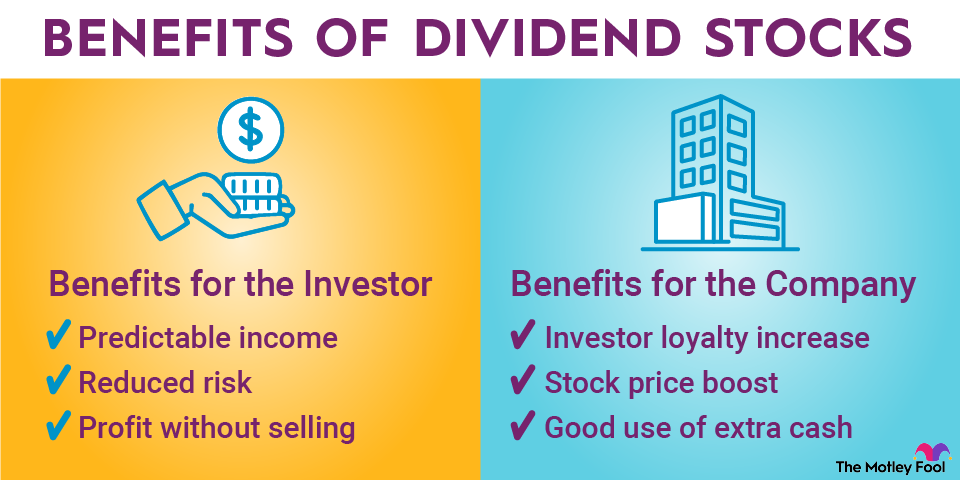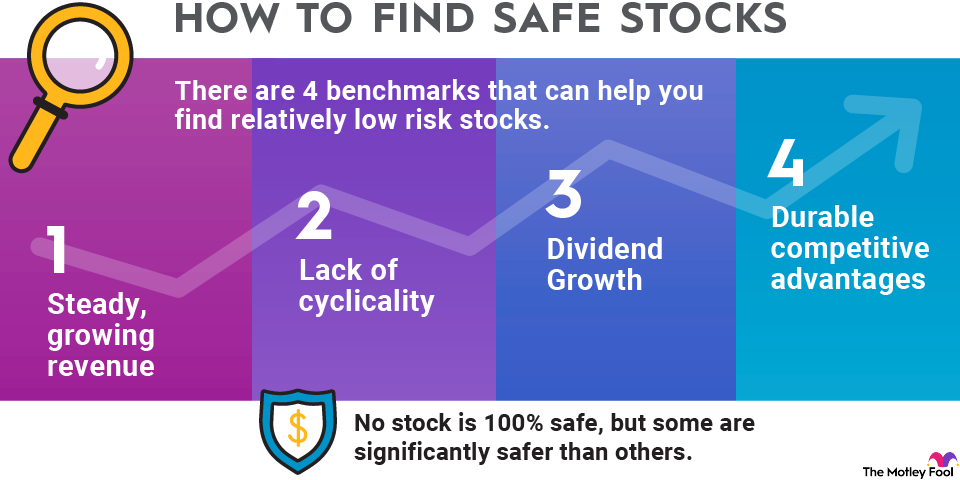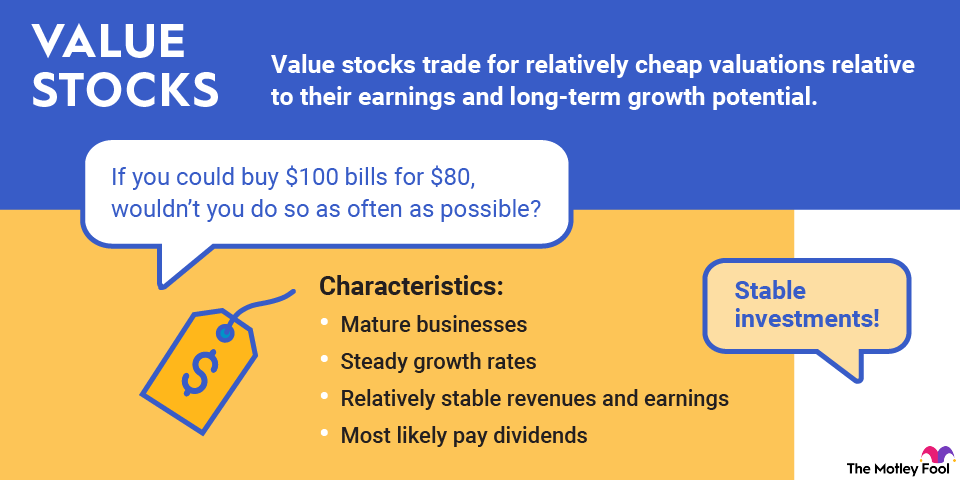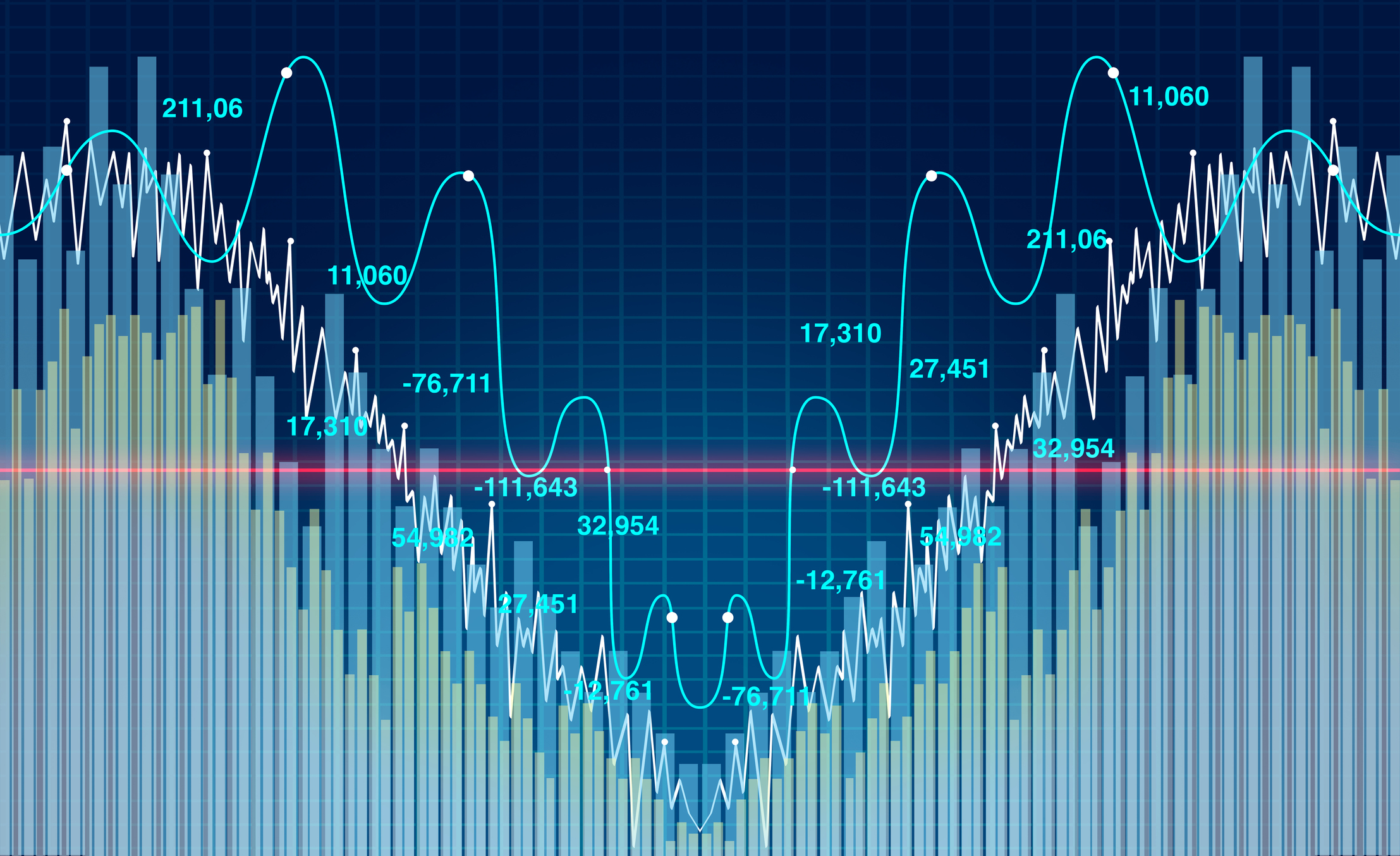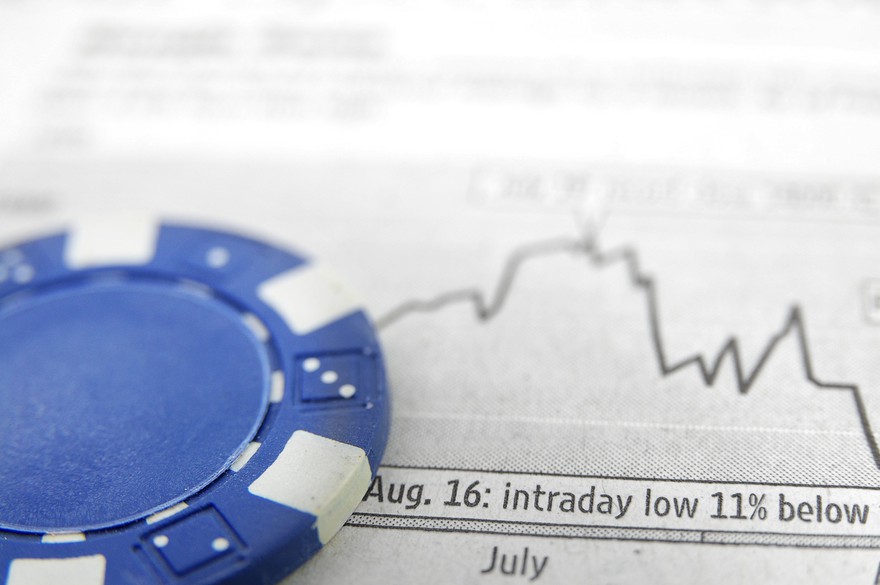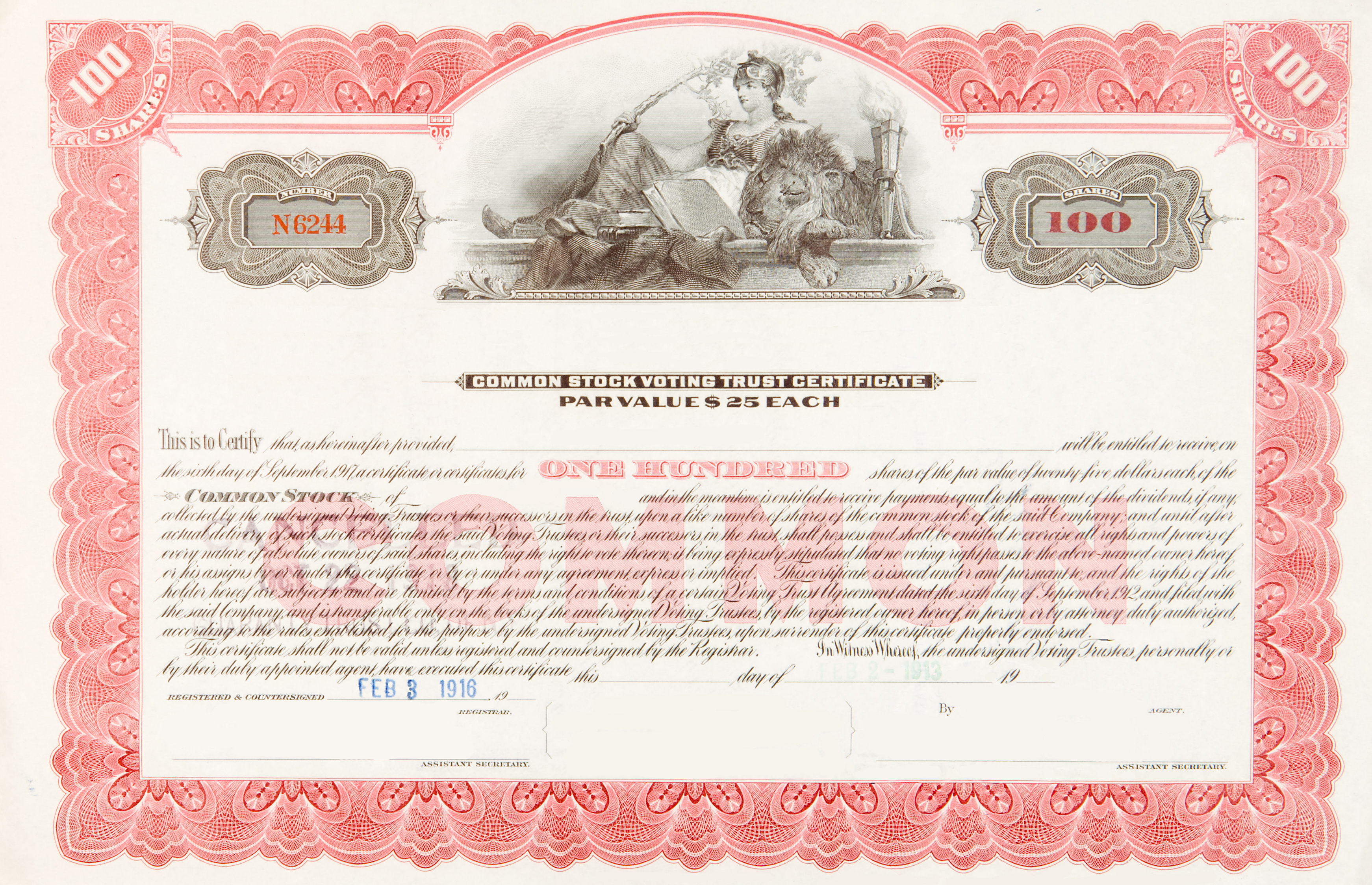Everybody likes a bargain, and stocks with low share prices certainly seem like bargains. With some high-priced stocks costing hundreds or even thousands of dollars for a single share, buying penny stocks -- stocks with share prices of less than $5 -- can be a tempting way to try to grow your money quickly. Penny stocks are stocks with share prices below $5 and market capitalizations below $250 million. However, penny stocks generally have a well-deserved reputation for burning investors.
It is possible to achieve strong returns by investing in young companies with small valuations or depressed stock prices. But it's typically better to invest only in companies that are larger and have less speculative valuations. Any risky stock buys should be limited to shares of companies that generate meaningful revenues -- or are pursuing clear, realistic paths to growth.
We'll delve into how to identify cheap stocks, as well as name some individual stock picks that have significant potential. But first, let's take a closer look at penny stocks and why they have such a poor reputation.
How do penny stocks work?
Penny stocks work like any other stock when it comes to basic valuation mechanics on the market. The share price for a penny stock comes from what another investor is willing to pay for the stock on the market.
On the other hand, penny stocks also tend to be significantly more volatile than most other stocks. Penny stocks may also have relatively low trading volume, which can be a big contributing factor that leads to relatively high volatility.
Unlike most other stocks, penny stocks often see big valuation swings that are disconnected from meaningful changes in the fundamental outlook for the business or tertiary factors such as analyst coverage. The volatile nature of penny stocks leaves the door open for investors to see big gains in relatively short periods of time, but the potential for big downside is also there.
Can you make money on penny stocks?
It is possible to make money with penny stocks. Then again, it’s technically possible to make money with any type of stock. Successful investors usually focus on the potential for their stock picks, regardless of price, to gain value over the long term.
There are plenty of good reasons to invest in small companies. Investors who buy shares in fast-growing companies that are still small capture a lot more share price upside than those who wait to buy stock until the companies have grown into giants.
However, penny stocks are almost never the bargains that they appear to be. Their shares are cheap for good reason. At best, penny stock companies are unproven and small, with dubious long-term prospects for success; at worst, penny stocks are vehicles that con artists use to take advantage of unsuspecting investors.
Many penny stocks are traded so cheaply because the businesses behind them aren't worth much more than that.
Penny stock investors often erroneously think that a low share price indicates that the company has greater potential to grow than those with higher share prices. In reality, the valuation of a company -- also known as its market capitalization -- is determined by two factors:
- The stock price.
- The number of shares outstanding.
The second factor is crucial because the number of shares issued is entirely up to the company. One million shares outstanding at $100 per share is worth exactly as much as 100 million shares outstanding at $1 per share. However, a company with a $100 share price is very likely to have much stronger growth potential than a company with a $1 share price.
Regulatory authorities know that penny stocks are highly tempting to many investors, so they're quite explicit about listing their dangers. As the U.S. Securities and Exchange Commission warns, "Investors in penny stocks should be prepared for the possibility that they may lose their whole investment." That's technically possible with any stock investment, but the total loss of value is far more likely with penny stocks.
My foray into penny stocks turned into an investing horror story that I was reminded of every time I looked at my brokerage statement.
Risks of trading penny stocks
Penny stocks come with substantial risks compared to those of ordinary stocks. The risks include the following:
- Penny stock companies are tiny. Most publicly traded companies are large businesses that clearly demonstrate their value, which typically ranges from hundreds of millions of dollars to $1 trillion or more. By contrast, the companies that issue penny stocks are generally tiny, with even the largest penny stock companies typically valued at much less than $100 million.
- Penny stock companies are unproven. It's rare for companies that you've already encountered in your daily life to be among the ranks of penny stocks. Rather, penny stocks are usually those of less-established companies that haven't proven they can endure and succeed.
- Penny stocks often don't trade on major stock exchanges. While penny stocks can be listed by the New York Stock Exchange (NYSE) or the Nasdaq Composite Index (^IXIC +0.81%), that's usually not the case. Instead, penny stocks typically trade over the counter, or OTC. Companies whose stocks trade on the OTC market are subject to less rigorous reporting requirements than those included in the NYSE and Nasdaq. Efficiently buying and selling shares of penny stocks can also be comparatively difficult because stocks that are less frequently traded are less liquid, meaning that wide ranges between bid and ask prices are common.
- Penny stocks are sometimes the targets of pump-and-dump schemes. Con artists often target penny stock investors by promoting a penny stock company as the next hot investment. Building hype about a penny stock can pump up its share price, and the price increase itself can be misleadingly cited as evidence of the company's success.
Top penny stocks
| Name and ticker | Market cap | Dividend yield | Industry |
|---|---|---|---|
| Expion360 (NASDAQ:XPON) | $8.7 million | 0.00% | Electrical Equipment |
| Inspire Veterinary Partners (NASDAQ:IVP) | $1.7 million | 0.00% | Healthcare Providers and Services |
| Cognition Therapeutics (NASDAQ:CGTX) | $124.5 million | 0.00% | Pharmaceuticals |
1. Expion360

NASDAQ: XPON
Key Data Points

NASDAQ: IVP
Key Data Points
Inspire Veterinary Partners (IVP -6.93%) is a company that owns veterinary and animal care practices and had its initial public offering (IPO) in 2023. Inspire purchases veterinary businesses and associated real-estate holdings and aims to improve the sales and efficiency of these businesses.
3. Cognition Therapeutics

NASDAQ: CGTX
Key Data Points
Cognition Therapeutics (CGTX -1.40%) is a clinical-stage biotech company that is trying to develop treatments for Alzheimer's disease and dementia with Lewy bodies (DLB), among other degenerative central nervous system disorders. As a clinical-stage biotech, Cognition Therapeutics does not yet have any treatments on the market -- but its stock could see big gains if favorable data emerges from its trials.
Better cheap investments than penny stocks
Fortunately, there are better alternatives to penny stock investing. Thanks to the rise of fractional share trading, which allows you to buy less than one share, you can often invest in stocks for which the share price is extremely high. For instance, a single share in a company like Microsoft (MSFT +0.24%) costs hundreds of dollars, but you can buy any fraction of a share and still gain portfolio exposure to the stock's future performance.
Moreover, high-quality companies can have low share prices. All of these companies' share prices were less than $10 in 2025:
- BigBear.ai (BBAI +0.49%) is an artificial intelligence (AI) software company that's concentrating on providing services to the U.S. military and other areas of the public sector. The company's stock has taken investors on a wild ride, with excitement surrounding AI sometimes powering big gains for its share price, but its valuation has retreated amid macroeconomic pressures and other risk factors. If BigBear.ai can keep winning new AI software contracts, its stock could rebound.
- Ubisoft (UBSFY +1.49%) is a developer and publisher of video games known for hit franchises, including Assassin's Creed, Rainbow Six, and Ghost Recon. The company isn't one of the strongest players in the gaming industry, but its valuation has been pushed down to levels that leave room for explosive upside. If Ubisoft can deliver a single new successful series or major breakout title, the stock could see a renewed surge of bullish momentum.
- Himax Technologies (HIMX -1.03%) designs semiconductors that regulate the colors displayed by pixels on screens. In addition to smartphones, tablets, and TVs, the company has big growth opportunities in the automotive market. It could also score big wins if demand for virtual-reality and augmented-reality headsets increases.
These are just a few of the stocks that you can buy without spending a lot for each share. Investors who are willing to assume high risk to potentially achieve high returns have plenty of options that offer better risk-reward dynamics than penny stocks.
Related investing topics
Choosing the right penny stock
The underlying companies behind penny stocks will often have distressed business performance. Many penny stocks have seen massive valuation declines coinciding with weak sales and earnings results, and investing in beaten-down companies comes with elevated levels of risk. While penny stocks can sometimes see huge rebounds even in the absence of material improvements for the business, investors should focus their purchases on companies with plausible opportunities for sales and earnings improvements -- even if these potential improvements are highly speculative.
How to invest in penny stocks (if you're dead-set on doing so)
If we can't persuade you not to invest in penny stocks, then you should at least follow these basic precautions to protect your portfolio:
- Open your brokerage app: Log in to your brokerage account where you handle your investments.
- Search for the stock: Enter the ticker or company name into the search bar to bring up the stock's trading page.
- Decide how many shares to buy: Consider your investment goals and how much of your portfolio you want to allocate to this stock.
- Select order type: Choose between a market order to buy at the current price or a limit order to specify the maximum price you're willing to pay.
- Submit your order: Confirm the details and submit your buy order.
- Review your purchase: Check your portfolio to ensure your order was filled as expected and adjust your investment strategy accordingly.







